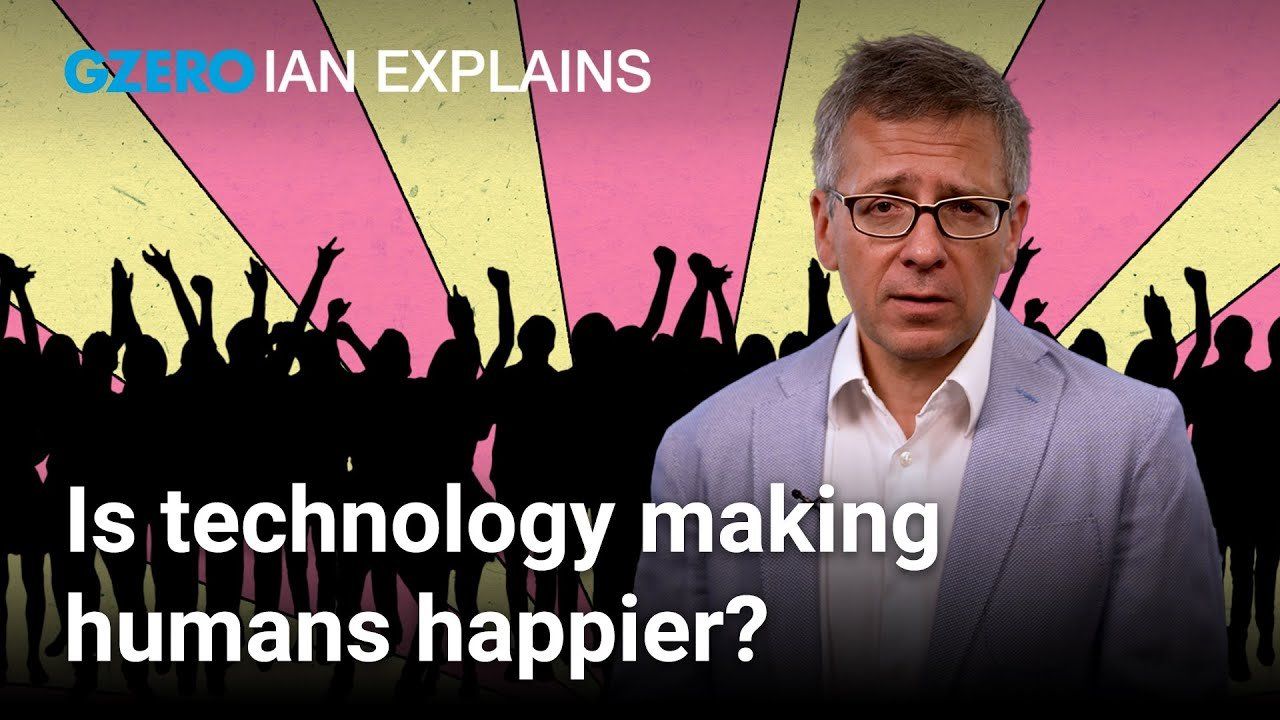Ian Explains
Ian Explains: Is the world better today thanks to human progress?

How do we define progress as humans? | GZERO Media

Human progress doesn’t have a finish line.
Our body clocks stop ticking at some point, but that’s not the same as reaching a destination, or achieving a goal. So how do we—as a community, as a country...as a world—define progress? What does “better” even look like?
In a word: laundry.
In 1920, the average American spent 11.5 hours a week doing laundry (and that average American was almost always a woman). By 2014, the number had dropped to 1.5 hours a week, thanks to what renowned public health scholar Hans Rosling has called QUOTE "greatest invention of the Industrial Revolution,”: the washing machine. By freeing people of washing laundry by hand, this new technology allowed parents to devote more time to educating their children, and it allowed women to cultivate a life beyond the washboard.
So, as I always say to myself whenever I’m stuck in traffic or on hold with customer service, there has never been a better time to be alive. And yet...And yet...And yet... War in Europe. Famine in Africa. Global pandemics. Fake news. Conspiracy theories. Democracy dying in the bright light of day. And that’s just your average Tuesday. So how much is technology making our lives better, and how much is a part of the problem?
There have been several geopolitical shocks this year, yet none have stopped oil prices from plunging, showing how oil markets have become more risk tolerant.
In this "ask ian," Ian Bremmer analyzes Trump’s recent meeting with Zelensky and how close (or far) Russia and Ukraine are from a peace deal.